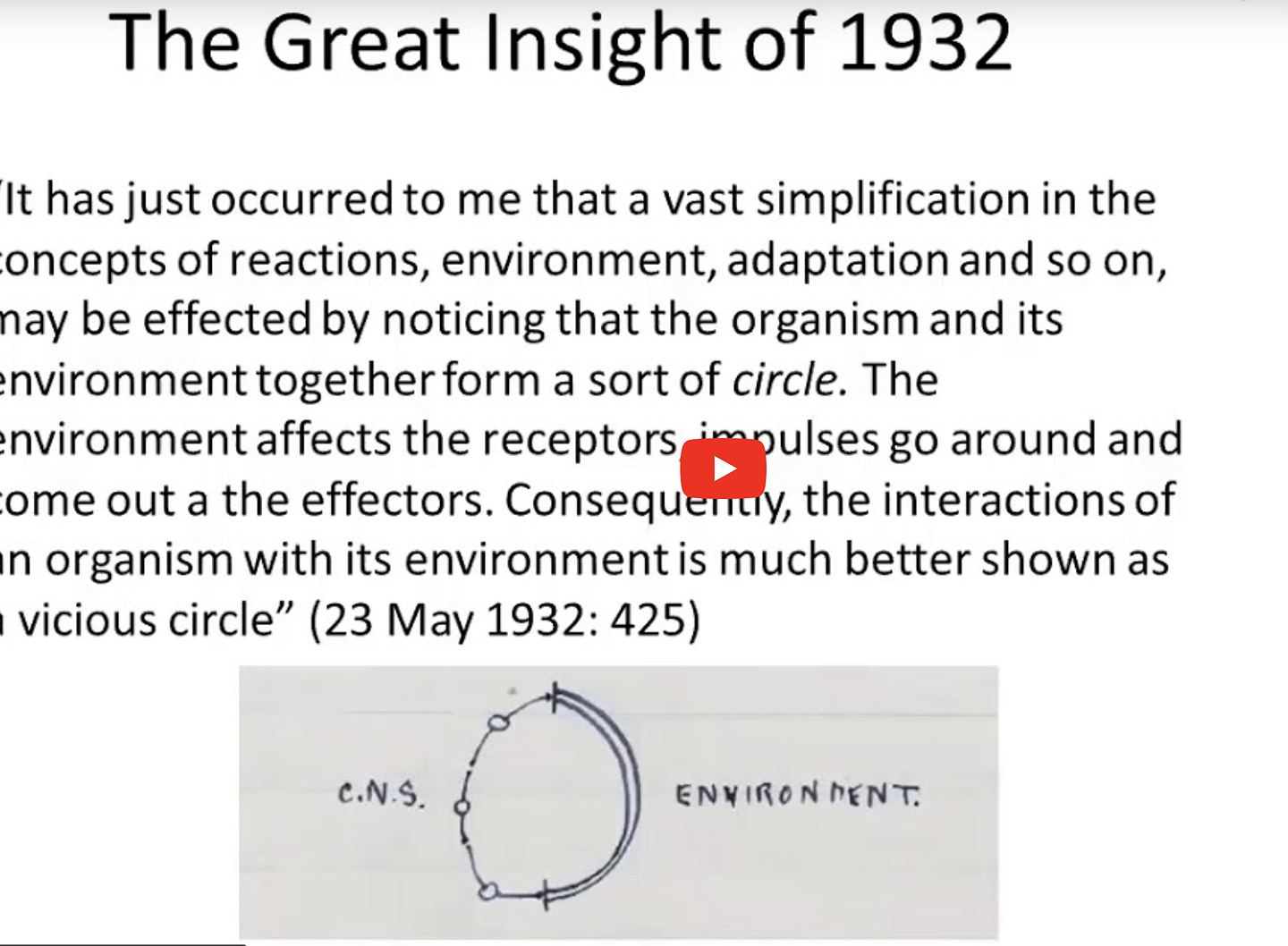
Though Ross Ashby is often seen as the consolidator of a field founded by Norbert Wiener and Warren McCulloch, in this webinar we are going to learn a different history of cybernetics, one that predates the institutionalization of cybernetic movement in the USA which culminated in Wiener’s Cybernetics (1948). In particular, though Ashby is known for his published work, Design for a Brain (1952) and An Introduction to Cybernetics (1956), this untold history of neo-cybernetics preceded the emerging field of cybernetics by over a decade of intensive work on the problem of adaptive behaviour founded on a great insight in 1932 and whose final answer, a general theory of cybernetics systems, can be found in his unpublished Journal (1928-1972). This webinar is based on Manel’s first book, Utopics: The Unification of Human Science (2020), published with Springer (https://www.researchgate.net/profile/Manel_Pretel-Wilson).
Speaker Bio

Manel holds two Bachelor Degrees from the University of Girona (Spain), Business Studies and Philosophy, two Masters Degrees, in International Political Economy from the University of Leeds and in Sustainability from the Polytechnic University of Catalonia, and a PhD in Systems Science from the University of Hull which he finished in May 2017. From 2007 to 2018, he has been a senior manager in different sectors in Catalonia and, in the last two years, he has started a career as an independent researcher and writer.
